Murdoch: The Emperor Has No Clothes
The big guy always knows what's going on, which is part of how he got to be the big man (or woman).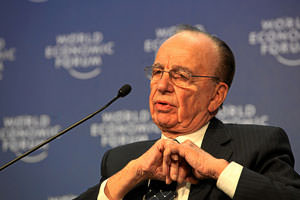
I have worked in and around the press and politics and police for almost as long as Rupert Murdoch. Although I never reached the heights he did, I think I understand him. Yes, he stole away a magazine I loved — New York magazine — and I hate him for that. But I admire his smarts and his guts.
It was hard for me to pull myself away from the television Tuesday as he and his son James tried to explain away the facts about their newspapers and their insidious relationship to British politics and police. That is a power triangle that can turn any country into totalitarianism. I took away (or reinforced) two beliefs about my years in political journalism:1. The press, particularly in Britain, has always been corrupt, much more corrupt than, say, the modern American press. Perhaps we find some signs of that collusion in the United States, but it tends to be local and less brazen.2. In journalism and most other power centers, including the White House, the big guy always knows what’s going on, which is part of how he got to be the big man (or woman).I teach journalism now at a great university, the University of Southern California. We talk a great deal about “ethics,” about what might be illegal or immoral about newsgathering. Putting policemen and witnesses on the payroll — bad! Unacceptable! Rupert Murdoch and tabloids do that. The New York Times does not.But as a veteran of the business, I know that we did not practice what we now preach. When I was younger and the journalism world was wilder, I did things that might land me in jail today. I pretended to be a cop. I pretended to be a young prosecutor. I climbed in windows of schools at 2 a.m. to get transcripts of closed school board meetings — particularly when a young schoolteacher in New Jersey was being accused (falsely) of being a communist trying to indoctrinate fifth-graders.I loved it. And I think I did some good. The attraction of journalism, particularly during the Southern civil rights struggles, the Vietnam War and Watergate, was that young people with more energy and ideals than credentials or big salaries could do something to change the world as populist warriors.© 2011 UNIVERSAL UCLICK
Your support matters…Independent journalism is under threat and overshadowed by heavily funded mainstream media.
You can help level the playing field. Become a member.
Your tax-deductible contribution keeps us digging beneath the headlines to give you thought-provoking, investigative reporting and analysis that unearths what's really happening- without compromise.
Give today to support our courageous, independent journalists.

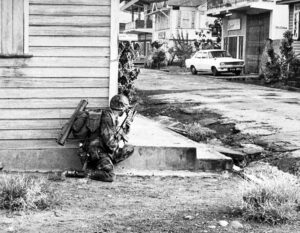
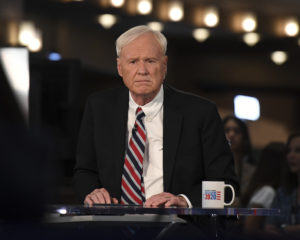
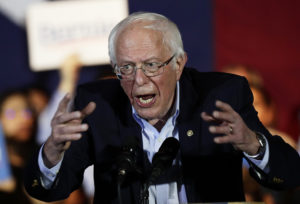
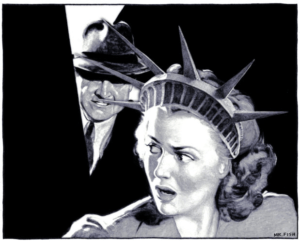
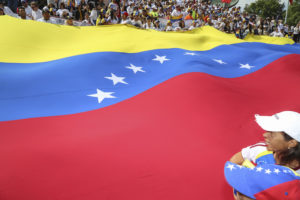
You need to be a supporter to comment.
There are currently no responses to this article.
Be the first to respond.